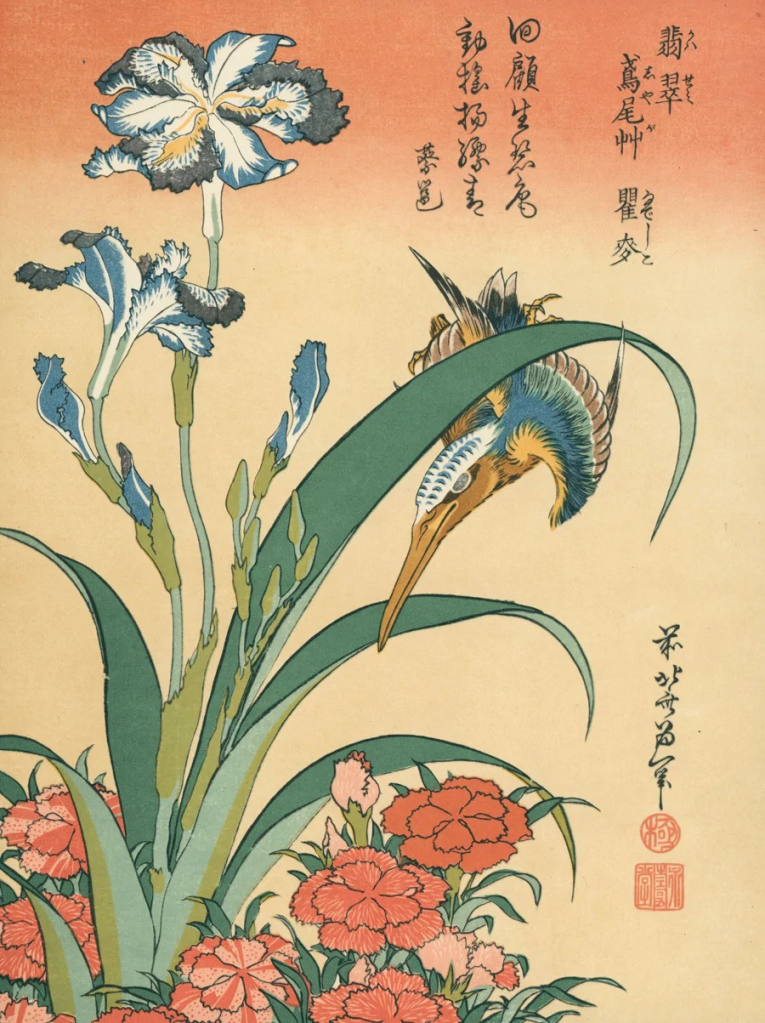When I lived in Tokyo in my early twenties, I desperately tried to succeed as a musician while working at a part-time job. Although I had clearly envisioned a plan for success, reality was much more cruel than I had expected and ate into me both physically and mentally. I consumed a large amount of alcohol every night to get rid of stress and exhaustion. I knew it didn’t help as I found in the packed train car one morning on my way to my part-time job that I had left home wearing an unmatched pair of shoes inadvertently.
I abandoned a presupposed secure life for me in which I would take a husband into my family by an arranged marriage, have a child as a next successor to me and live in the family house as the successor until I die when I left home for Tokyo to be a musician. That was the reason why I wasn’t willing to ask for financial help from my grandfather who had been the master of the family that used to be wealthy. I thought I should be on my own if I wanted to live my life. Japanese people’s consensus in those days was that doing what one wanted to do for life was a childish idea since the possibility of financial sustainability in that kind of life was one in a million. Most of them believed that adults should lead a responsible life by standing on their own feet. Doing what they didn’t want to do was the norm for financial independence, and to have a family eventually. That notion had prevailed so deeply that not only my friends but also a stranger who had a chat with me and happened to know I was trying to become a professional musician scolded me and told me to live seriously.
In those unrewarding, exhausting days of my life, I heard about a music school that a renowned Japanese musician newly opened. As a conceited young musician, I thought there was nothing to learn there for me, but I saw it as ties to the Japanese music business because the owner was the best selling, top artist in Japan. Also thinking that it was an opportunity to change my stifling situation, I decided to enroll. Needless to say, I had neither time nor money for the school. To make time, I quit my part-time job. For money, I resorted to my grandfather’s fortune. Although it wasn’t a solution of my liking, or of Japanese society’s common sense for that matter, I no longer had leeway for how I looked to others. My career as a musician had been stuck and nothing went according to my plan. I had been less motivated and drinking more instead. I had been cornered to the point that my choice was either to get financial support for my dream or to die.
The music school where I started to go was like no other ordinary school. It was more like a small salon. It didn’t have classes. Students came to school to present their music. A teacher gave them some advice and an impression. It held a presentation event once a month where students sang their songs on stage in front of the owner famous musician or other top Japanese music producers. In the first presentation I participated in, I was picked as the best. Until then, I had felt other students were my enemies to beat and they had kept me at a distance probably because they sensed how I looked at them. But after that event, their attitude changed. I seemed to have earned their respect and they came to talk to me. I learned they were struggling musicians like myself and we had a lot in common. My attitude toward them softened as well. We even hung out at the family restaurant after school. They were fellow challengers and rivals among whom I tried to be the best in every presentation. As it was held monthly, I completed my song every month, which was an amazing rapid pace for me. It was as if something inside me had woken up. I drank less and less, and lost weight for the monthly stage.
The school brought a drastic change to my life. Driven by a competitive spirit, I was motivated and focused to make music more than ever. I noticed I was breathing. My stifling days were over and I found myself out of darkness.

